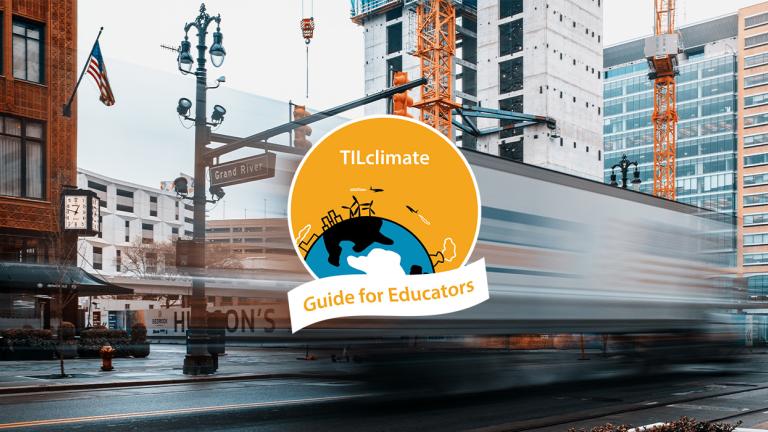
This Guide for Educators was developed by the MIT Environmental Solutions Initiative as an extension of our TILclimate (Today I Learned: Climate) podcast, to make it easier for you to teach climate change, earth science, and energy topics in the classroom. It is an extension of the TILclimate episode "America's big year of climate action".
Browse all TILclimate guides for educators.
Description
Three major federal bills were signed into law in 2021 and 2022, which together make up the largest investment in addressing climate change in US history. Students explore the differences and interactions of the three laws, investigate local impacts, and design their own climate-related bill.
SWBAT
- Explain key differences between the climate-related provisions of the Inflation Reduction, the Infrastructure Investment and Jobs, and the CHIPS and Science Acts
- Understand the concepts of “carrots” and “sticks” in government action
Skills
- Reading and discussing public-facing government documents
- Systems thinking
- Critical thinking
Standards:
- HS-ESS3-4 Evaluate or refine a technological solution that reduces impacts of human activities on natural systems.
- HS-ETS1-3 Evaluate a solution to a complex real-world problem based on prioritized criteria.
- WHST.9-12.1 Write arguments focused on discipline-specific content.
- ELA.SL.9-12.1 Initiate and participate effectively in a range of collaborative discussions
- ELA.SL.9-12.2 Integrate multiple sources of information presented in diverse formats and media
Disciplinary Core Ideas:
- ESS3.D Global Climate Change
What is included in this Educator Guide
- How to use TILclimate Educator Guides (Download)
- Full Educator Guide (Download)
- Includes both Teacher and Student pages
- Includes both Teacher and Student pages
- Teacher pages (Download) (Google Drive)
- Includes materials, discussion questions, background resources, and adaptation suggestions for science, social science, and ELA teachers
- Includes materials, discussion questions, background resources, and adaptation suggestions for science, social science, and ELA teachers
- Student pages (Download)
- Research and Mind-Mapping: Expert Panel (Google Drive)
- Systems Thinking: Think Locally, Make System-Wide Connections (Google Drive)
- Project: Design Your Own Climate Bill (Google Drive)
Listen to the episode


